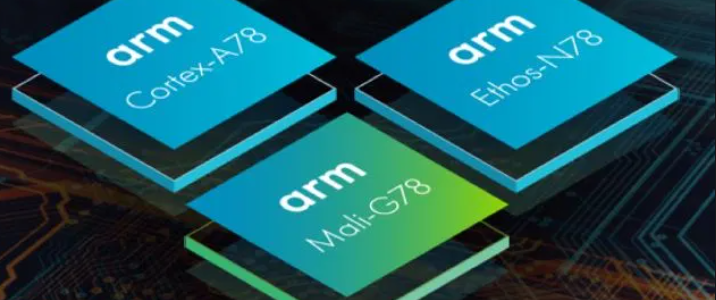
ARM taken over by Nvidia


ARM Holdings, a UK-based computer chip designer, is at the heart of most smartphones, and other devices are being sold to the American graphics chip specialist Nvidia for £31.2bn ($40bn).
Nvidia has promised to keep the business based in the UK, to hire more staff, and to retain Arm’s brand and create “ the premier computing company for the age of artificial intelligence (AI)”.
Taiwanese-born entrepreneur Jensen Huang who founded Nvidia in 1993.
Hermann Hauser and Tudor Brown two of ARM’s co-founder raised concern that there would be a conflict of interest since ARM’s clients would become dependent on a business with which may also compete for sales and suggested ARM should remain “neutral” rather than be owned by a company like Nvidia which produces its own processors. The two co-founders also claimed about the takeover as once ARM was owned by an American firm, Washington could try to block Chinese companies from using its know-how as part of a wide trade clash between the countries.
The arm is based in Cambridge and has offices across the world, including a joint venture in Shenzhen, China, and crates computer chip design which others then customise to their own ends and also develops instruction sets that define how software controls processors.
Hundreds of companies including Apple, Samsung, Huawei, and Qualcomm license its innovations. Over 180 billion chips have been made based on Arm’s solutions.
When Softbank acquired ARM, it promised to keep the company’s headquarters in the UK and to increase the number of local jobs, which it did. According to Masayoshi Son, Softbank’s founder, losses on other investments, including the office rental company WeWork, prompted a rethink as ARM is a “crystal ball” that would help him predict where tech was heading.
California based Nvidia overtook Intel to become the world’s most valuable chipmaker in July.
Its high-end graphics processing units (GPUs) mostly used by gamers to deliver more detailed visuals, as well as by professionals for tasks including scientific research, machine learning, and cryptocurrency mining.
Nvidia is also one of ARM’s clients, using its designs to create its line-up of Tegra Central processing units (CPUs). Under the terms of the deal, Nvidia will pay Softbank $21.5bn in its own stock and $12bn in cash and follow it up with a further $5bn in cash or stock if certain targets are met. Nvidia will also issue $1.5bn in equity to ARM’s employees.
Some experts say Nvidia risks ARM’s wider client list to shift focus to a rival type of chip technology, which lags behind in terms of adoption but has the benefit of being controlled by one company. ARM is facing growing competition form RISC-V, an open-source architecture and if ARM’s integrity and independence were compromised, it would be a catalyst to accelerate RISC-V’s growth and in turn devalue ARM.
Hermann Hauser is warning that this deal will make Britain a US vassal state, the government is under pressure to step in and ensure that control over vital home-grown technology is not lost to a foreign power.
